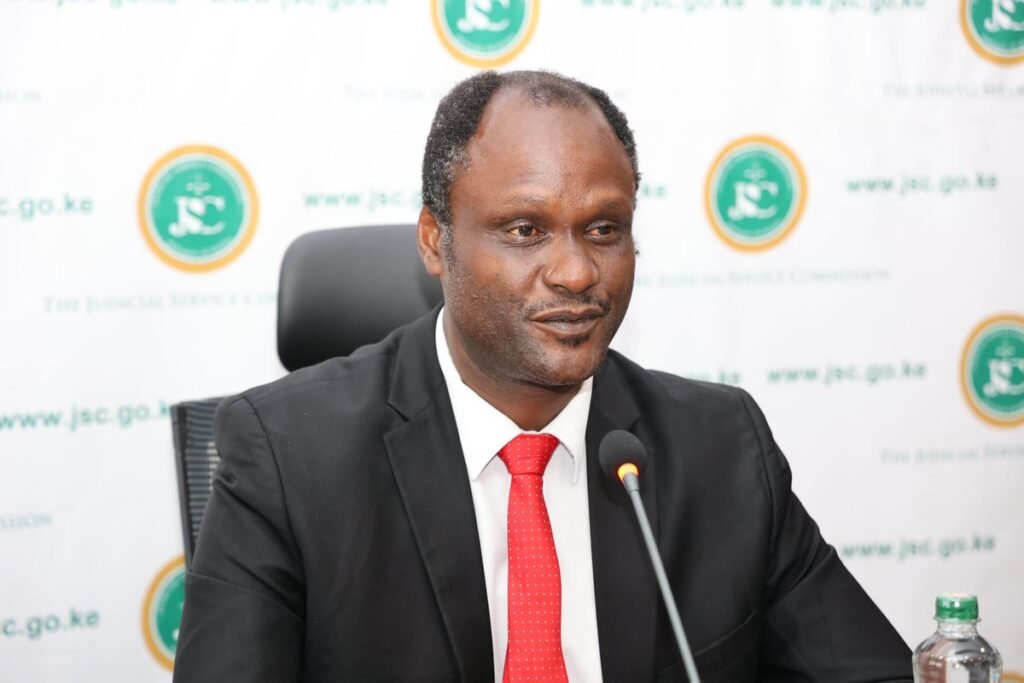Just who is more qualified? A judge of the High Court or a council of elders? That is the question that was on the mind of many after the High Court sitting in Meru referred a dispute pitting Governor Kawira Mwangaza and members of the county assembly to the Njuri Ncheke Council of Elders.
High Court judge Linus Kassan, in a decision issued on July 2024, asked the elders to use their traditional methods and wisdom to mediate in the long-standing dispute between the governor and MCAs.
The judge argued that the decision was part of the Alternative Dispute Resolution Mechanism meant to resolve the conflict which had seen MCAs in Meru introduce a fourth impeachment motion against the governor in under one year.
Justice Kassan made the ruling after Governor Mwangaza moved to court to block the impeachment motion which she said lacked merit and had been unfairly introduced to the House.
The decision by the judge, however, drew mixed reactions, with the Njuri Ncheke council of elders declining to participate in the reconciliation process.
Legal experts, led by the Law Society of Kenya president Faith Odhiambo also questioned the rationale used by the judge to arrive at the decision.
- Court asks Njuri Ncheke to mediate Mwangaza-MCAs dispute
- Meru Governor Kawira Mwangaza to know her fate today
- Full Senate to decide the fate of Governor Mwangaza
Odhiambo, alongside other lawyers who included senior counsel Ahmednasir Abdullahi, said that the ruling by the judge was not only questionable but also unprecedented.
“Is this judicial independence or corruption and incompetence?” Odhiambo said.
Abdullahi on the other hand said that the judge had not only misinterpreted the law but also made a ruling that lacked any legal basis.
“So, who is more qualified? A judge of the High Court referred a constitutional dispute anchored on Article 181 of the Constitution on the constitutional threshold for the removal of a county governor to some Meru elders,” Abdullahi said.
“The Meru elders rebuffed the judge and educated him on the law, telling him that tribal elders under the 2010 Constitution do not have jurisdiction to interpret the Constitution…embarrassing!” he added.
The lawyers made the remarks even as the Njuri Ncheke elders dismissed the invitation by the judge to participate in the reconciliation process.
Njuri Ncheke officials led by chairman Linus Kathera also disowned the application for amicus curiae in the case.
“As the Njuri Ncheke leadership, we did not seek to be friends of the court in the impeachment case. We cannot interfere with the county assembly business.
“The only process we have been involved in is the reconciliation of leaders as advised by the President,” Kathera said.
Also, nominated UDA MCA Zipporah Kinya, who tabled the motion seeking to impeach Governor Mwangaza for the fourth time, expressed disagreement with the court.
“In my opinion, there is no provision in the Constitution that allows for the negotiation of gross violations of the Constitution. The ruling is outrightly corrupted, but the power of the people is supreme,” she said.
Justice Kassan had while issuing the directive, ordered that the court which was supposed to give a ruling last month on the fourth impeachment proceeding against Mwangaza, do so on August 20, 2024.
He argued that this was to give room for Alternative Dispute Resolution after President William Ruto asked the governor and the MCAs to find an alternative way of resolving the wrangles.
“The Njuri Ncheke Supreme Council of Ameru Elders are hereby ordered to submit their resolution or lack of it on the dispute between the parties herein as directed by the President of the Republic of Kenya not later than three weeks from today,” Justice Kassan ordered.
The judge further directed the MCAs and the governor to appear before the Njuri Ncheke with their advocates before Wednesday, July 31, 2024.
Mwangaza had moved to court on Wednesday seeking to obtain orders stopping the MCAs from proceeding with the fourth impeachment motion against her.



